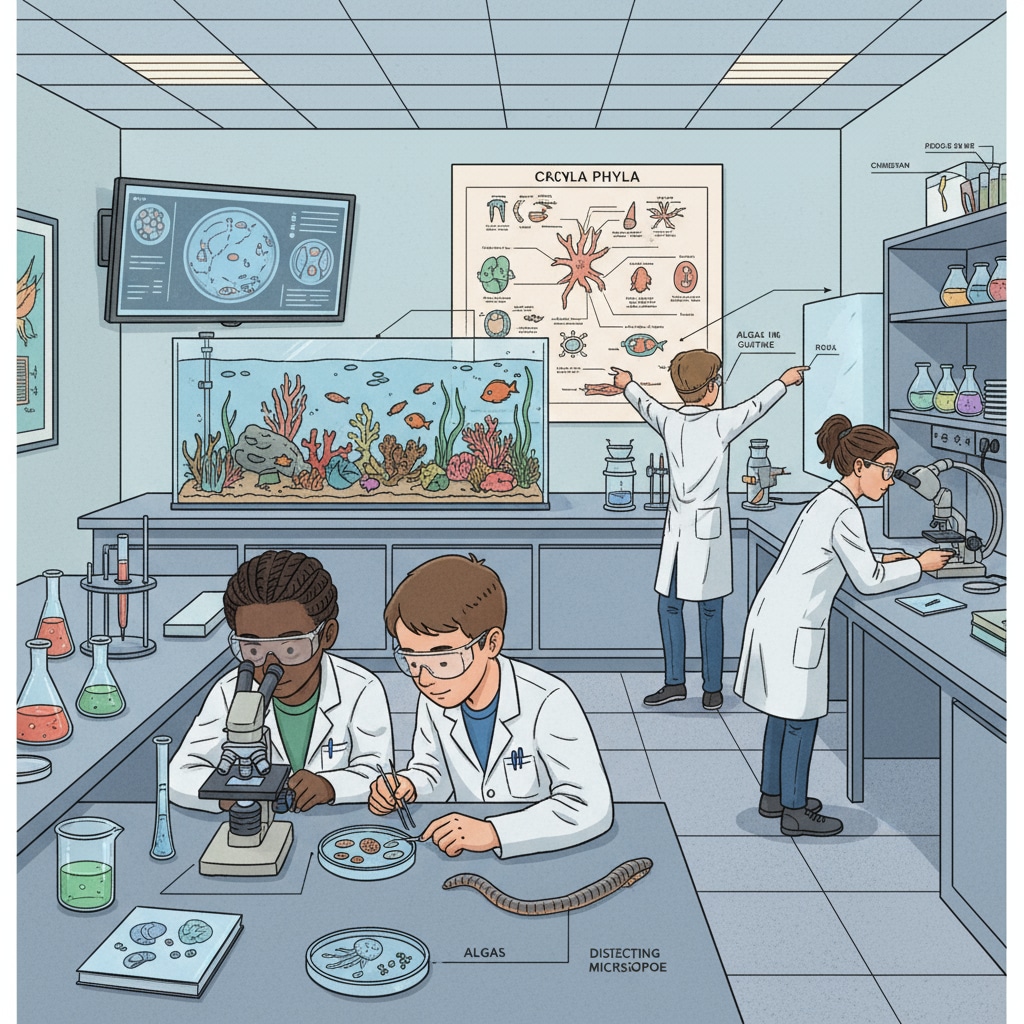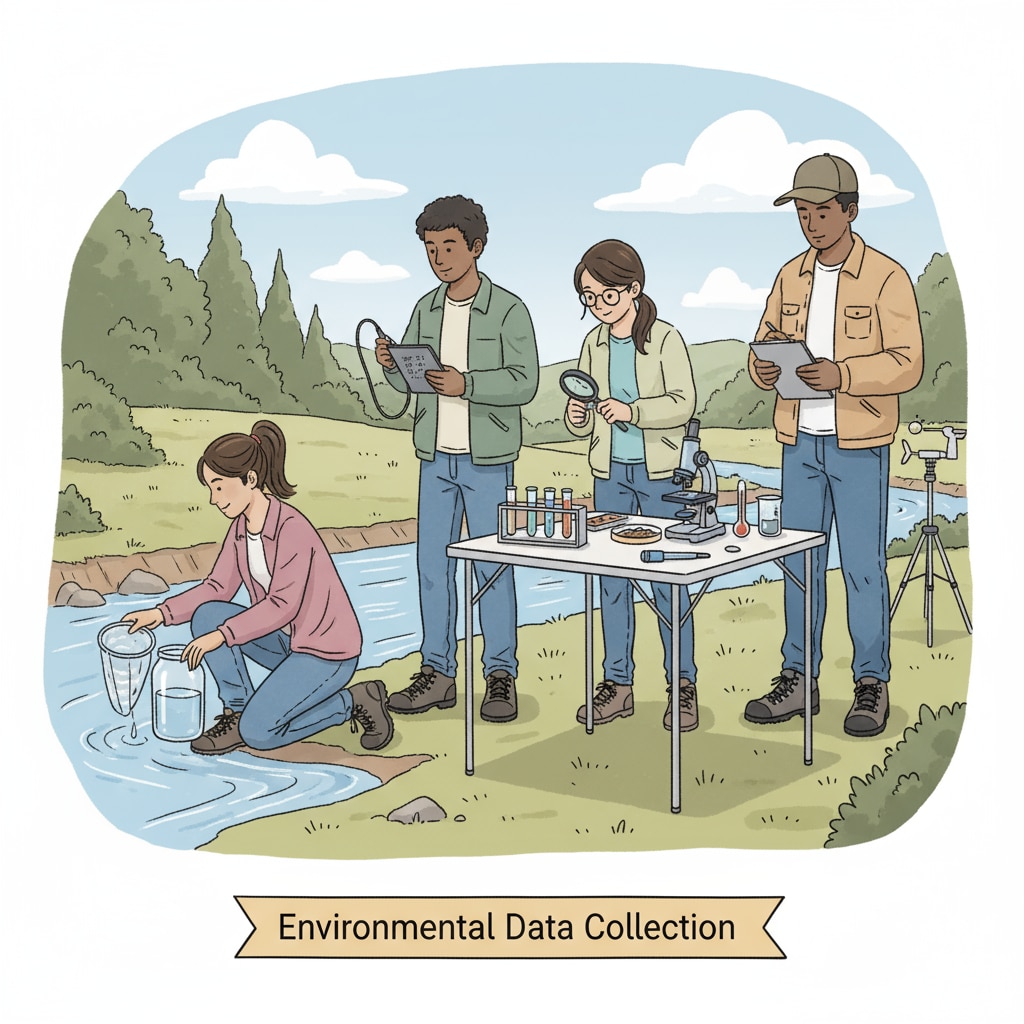For those with a passion for the ocean and the environment but without a science background, the idea of pursuing degrees in marine biology or environmental science may seem daunting. However, it is entirely feasible. This article will delve into the world of obtaining science degrees in these fascinating fields without prior science knowledge.

The Initial Hurdles: Challenges Faced
One of the primary challenges is the lack of foundational knowledge. Marine biology and environmental science rely on concepts from biology, chemistry, and physics. Without a solid understanding of these basics, it can be difficult to grasp more advanced topics. For example, understanding the chemical composition of seawater is crucial in marine biology, and basic physics principles help explain ocean currents. Another challenge is the laboratory work. These degrees often involve hands-on experiments, and those without prior laboratory experience may find it overwhelming.

Overcoming the Obstacles: Effective Strategies
To overcome the knowledge gap, taking preparatory courses is a great start. Many institutions offer introductory courses in biology, chemistry, and physics that can help build a solid foundation. Additionally, self-study using textbooks and online resources can be highly beneficial. For laboratory work, seek out opportunities to gain experience. Volunteer at local environmental organizations or research labs. This will not only give you practical skills but also expose you to real-world applications of the theories you’ll be studying.
Once you’re in the degree program, forming study groups can be extremely helpful. Collaborating with classmates who may have a stronger science background can provide valuable insights and support. Also, don’t hesitate to reach out to professors for extra help. They are there to guide you through your academic journey.
Readability guidance: As seen above, we’ve used short paragraphs to present ideas clearly. The lists help summarize key points. We’ve also incorporated transition words like ‘however’, ‘for example’, and ‘additionally’ to make the flow smooth.


